Greener Fields Ahead: How Digital Agriculture Is Shaping a Sustainable Future
/As global populations surge and environmental challenges grow more pressing, agriculture stands at a critical crossroads. Feeding nearly 9 billion people by 2050 will demand not only more food but also smarter, more sustainable production methods. Enter digital agriculture—an emerging field that fuses advanced technology with time-honored farming practices to cut waste, conserve resources, and safeguard the planet.
Often called AgTech (agricultural technology), this movement isn’t about replacing farmers with machines. Instead, it empowers them with intelligent tools to produce more using fewer resources, all while shrinking their ecological footprint. This is one of many modern farming techniques that is transforming agriculture.
Why Agriculture Needs a Tech-Driven Transformation
For decades, agriculture has been one of the most resource-intensive industries, consuming vast quantities of water, fuel, and land. It’s also a major contributor to greenhouse gas emissions due to chemical runoff, excessive irrigation, and soil degradation. With climate change amplifying these challenges, the push for eco-friendly practices has never been more urgent.
As global food demand is expected to rise by up to 56% by 2050, farmers are increasingly looking to technology for answers. Digital agriculture offers a promising pathway by enhancing efficiency, curbing waste, and enabling data-driven decisions from planting to harvest.
Key Innovations in Digital Agriculture
Digital agriculture harnesses a suite of technologies designed to maximize yield while minimizing environmental impact. Here are some of the breakthroughs redefining modern farming techniques:
IoT Soil Sensors: These smart sensors deliver real-time data on soil moisture, temperature, and nutrient levels. Armed with this information, farmers can apply precise amounts of water and fertilizer, thereby conserving resources and reducing runoff.
Autonomous Machinery: Robotic equipment now handles planting, irrigation, and fertilization with pinpoint accuracy, cutting down on waste and reducing reliance on diesel-powered machinery.
Satellite and Drone Imaging: Aerial monitoring helps identify crop stress, pests, or diseases early, allowing for targeted interventions that minimize pesticide use and protect ecosystems.
Artificial Intelligence (AI) & Big Data: AI analyzes climate, soil, and yield patterns to provide predictive recommendations, helping farmers optimize irrigation, crop rotation, and harvesting while supporting biodiversity.
Blockchain for Supply Chain Transparency: Blockchain-powered digital supply chains enhance traceability, giving consumers visibility into how and where their food is produced and thereby encouraging sustainable practices throughout the system.
Environmental Impacts Beyond the Farm
The benefits of digital agriculture extend far beyond farm boundaries. Less chemical use means cleaner waterways. Smarter water management preserves aquifers and shields sensitive ecosystems. Energy-efficient machinery cuts emissions throughout the agricultural process.
Most importantly, by improving yields and reducing waste, these technologies help preserve forests and natural habitats that might otherwise be cleared to grow food, supporting both global food security and climate resilience.
A Call for Innovation and Stewardship
For those committed to environmental stewardship, supporting digital agriculture means backing a future where food production coexists harmoniously with nature. From advocating for progressive policies to supporting tech-enabled farms or choosing products from transparent supply chains, every action helps shape a more sustainable food system.
Digital agriculture isn’t a panacea, but it is a powerful set of tools for tackling some of today’s most pressing environmental challenges. By blending innovation with a respect for natural systems, we can cultivate a food future that’s not just smarter, but truly greener. For more on this, check out the infographic below from Schnell Industries, a conveyor systems manufacturer.
About the Author:
Brenton Dueck is the General Manager and a Product Specialist for Schnell Industries, which provides custom equipment manufacturing and conveyor system solutions. Schnell Industries focuses on faster granular product transloading and higher quality conveyors, which result in less maintenance and downtime. Dueck has 15 years of industry experience and prioritizes customer satisfaction and product expertise.
You may also be interested in…




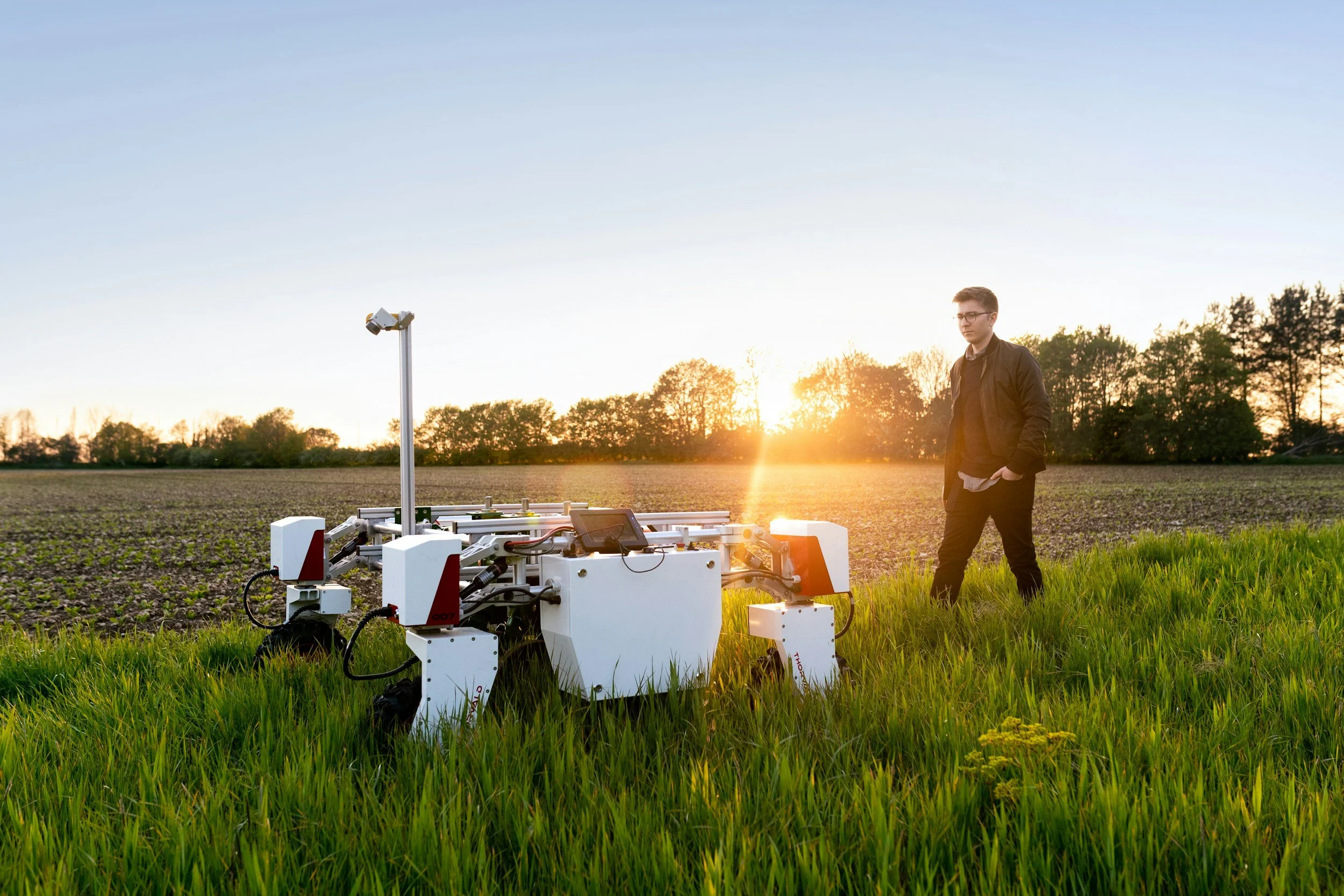




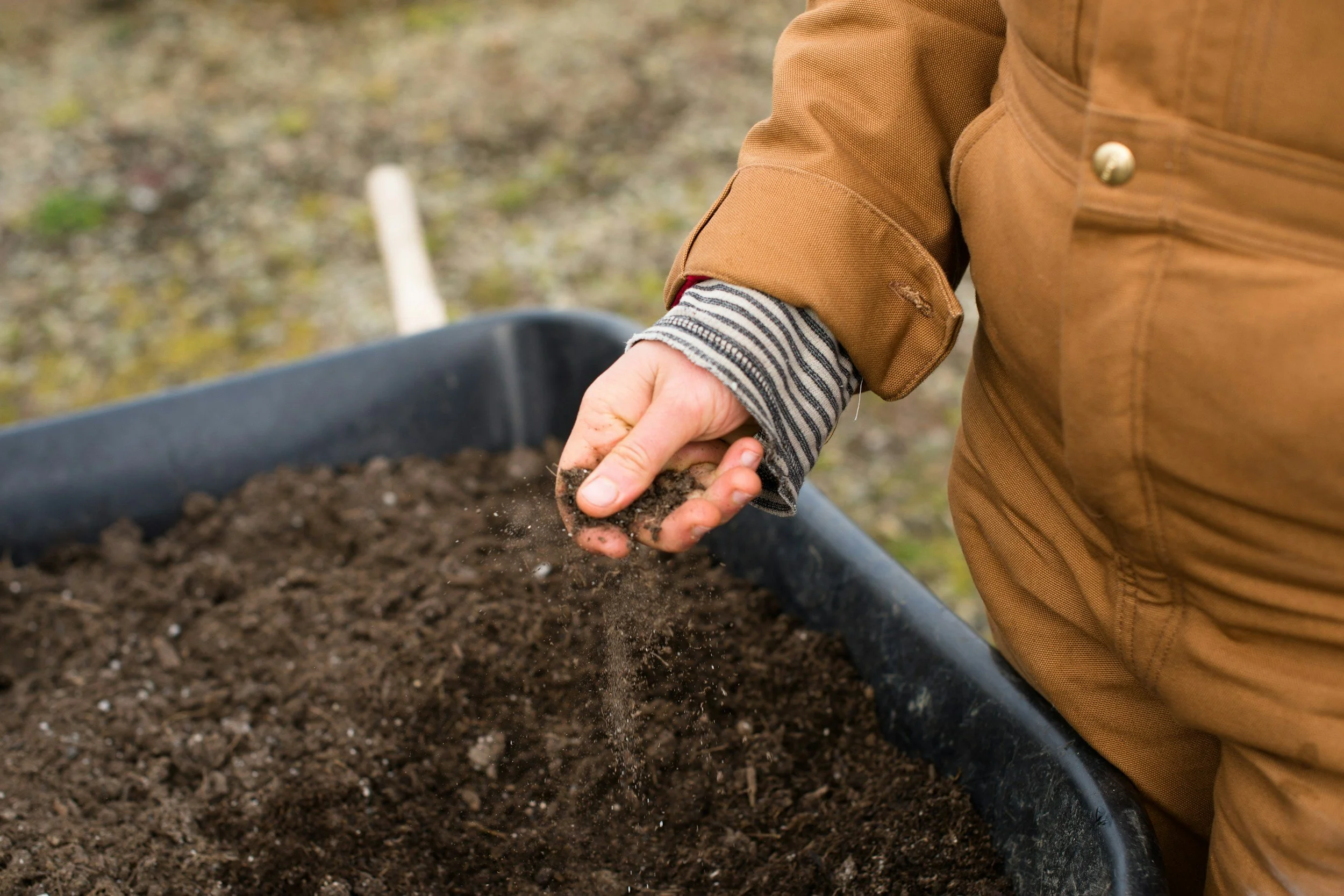
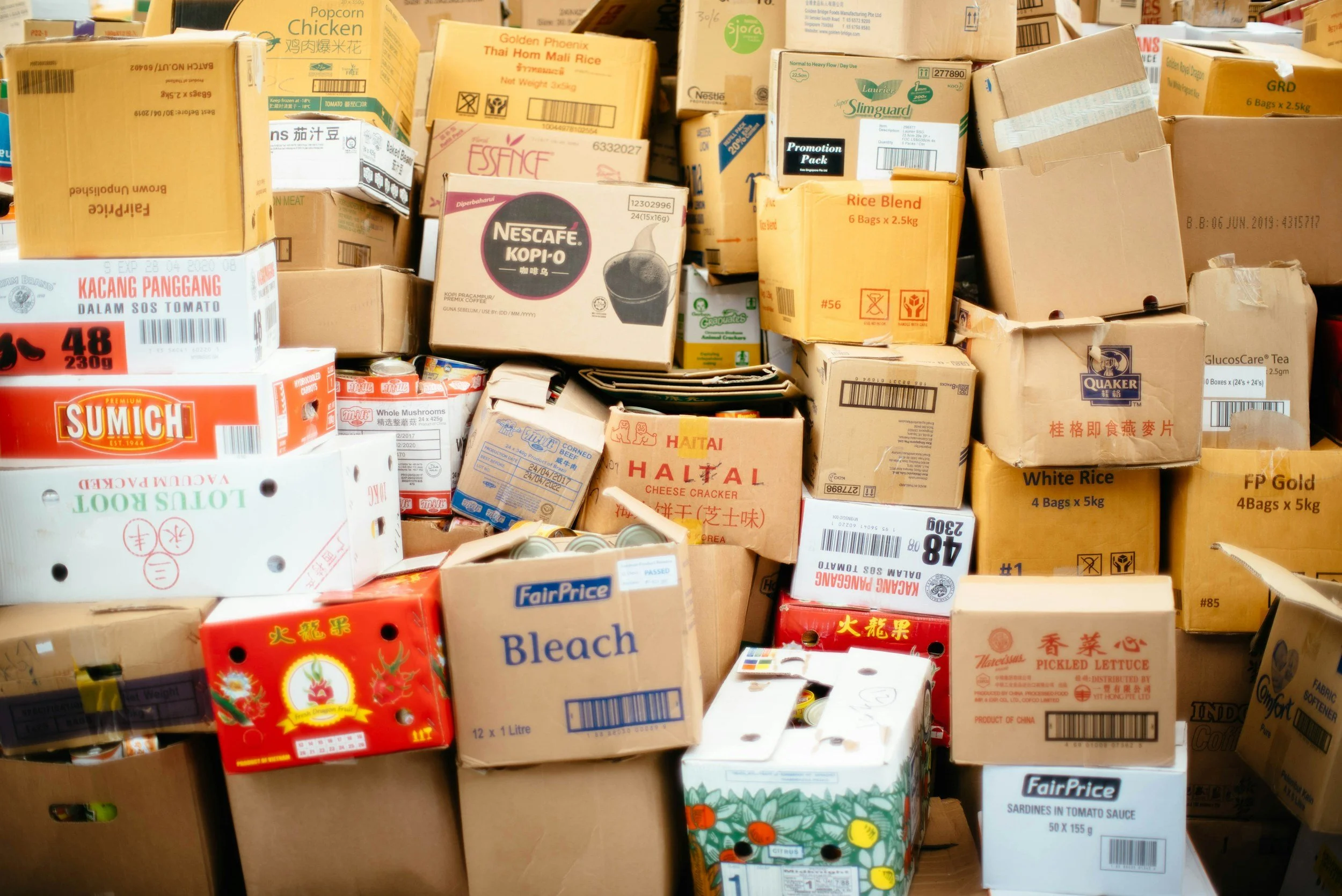
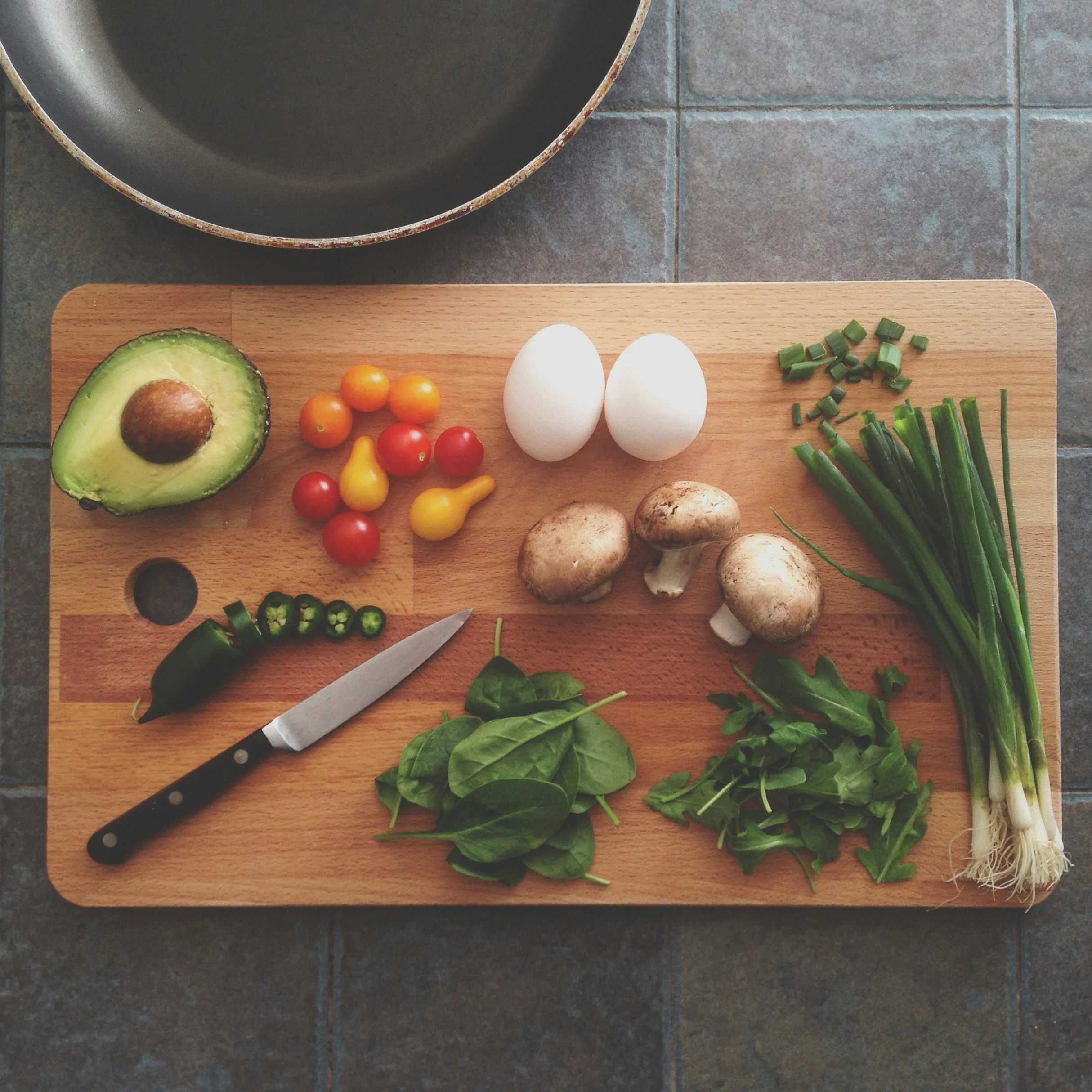
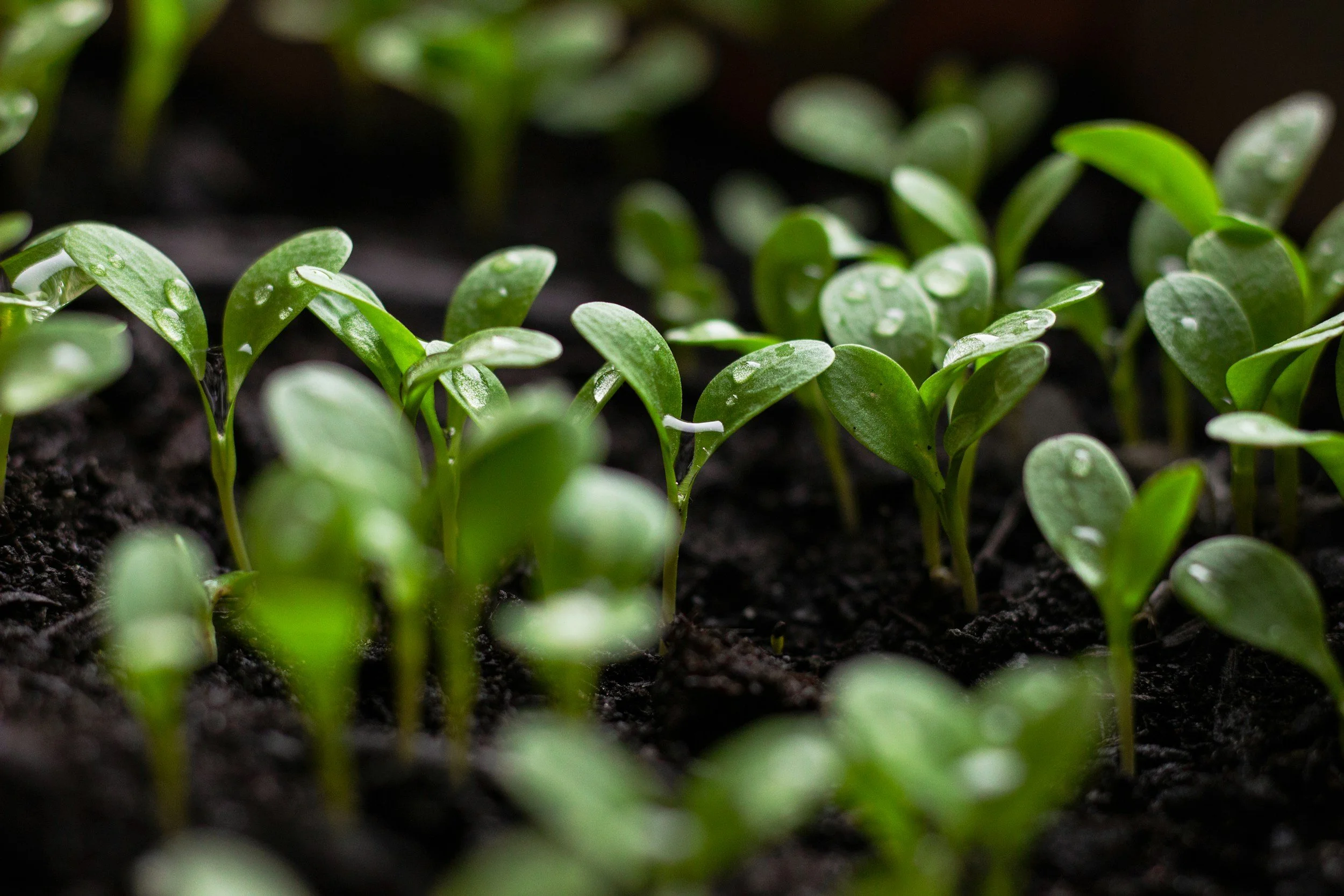
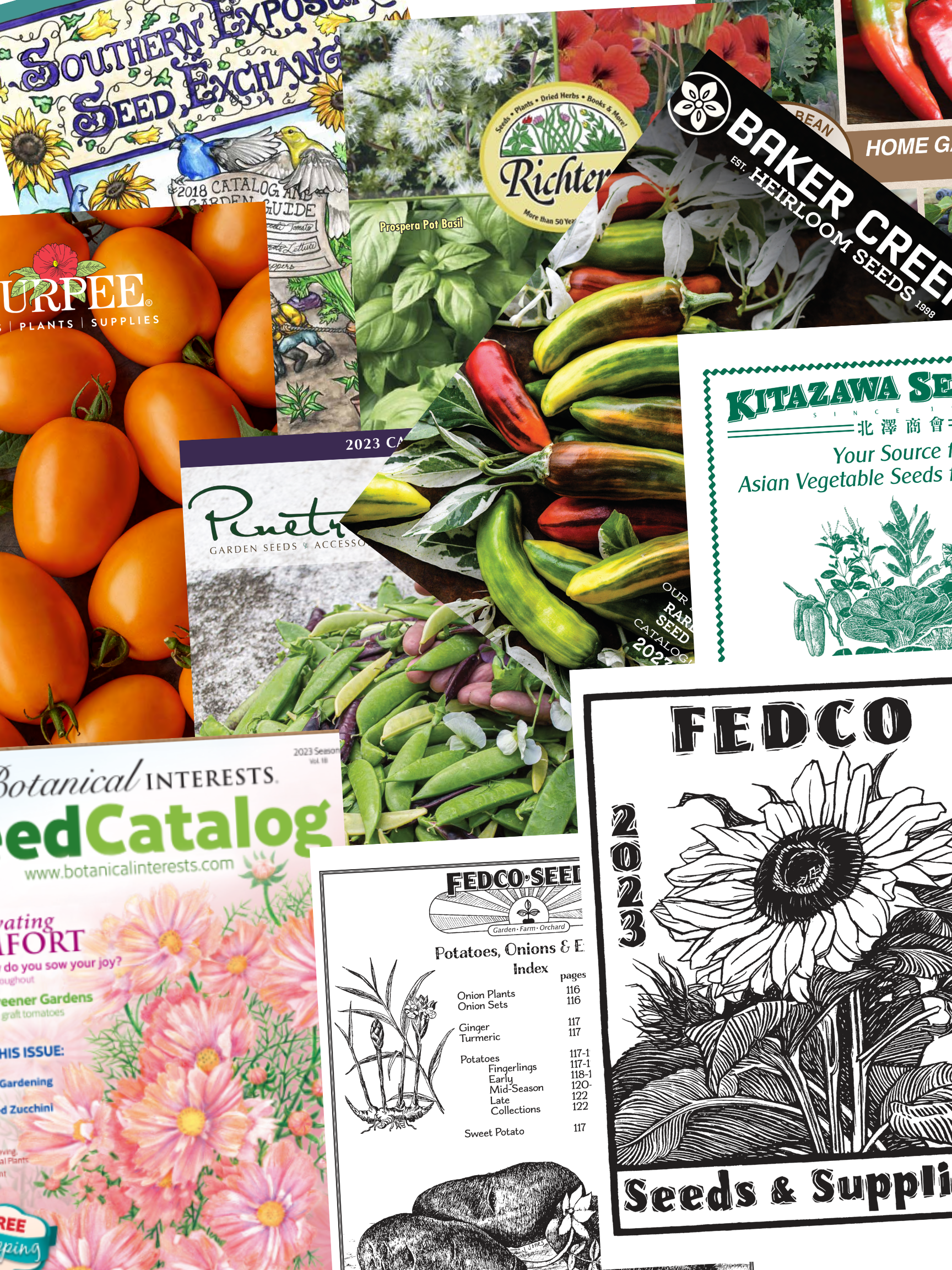



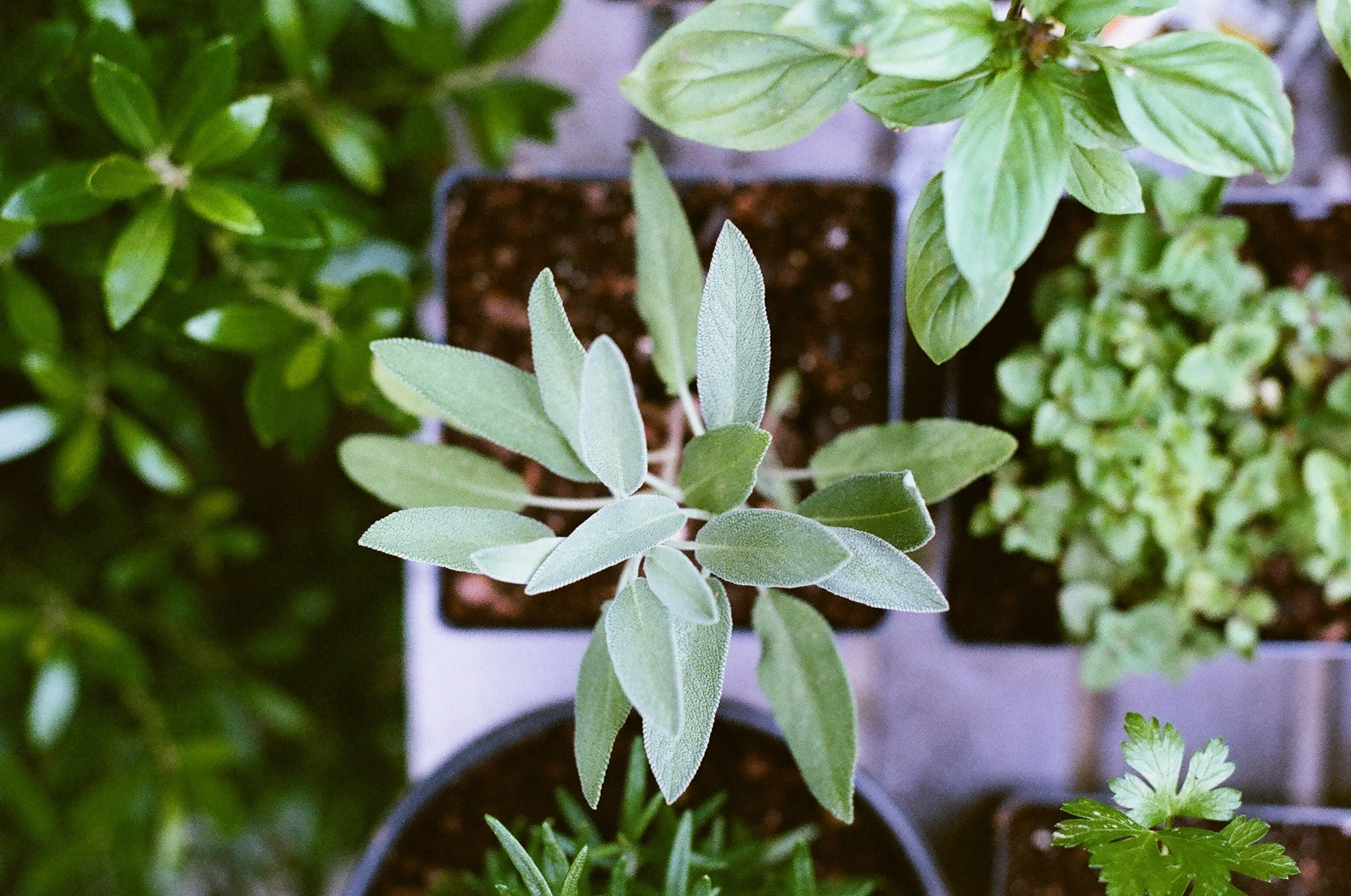

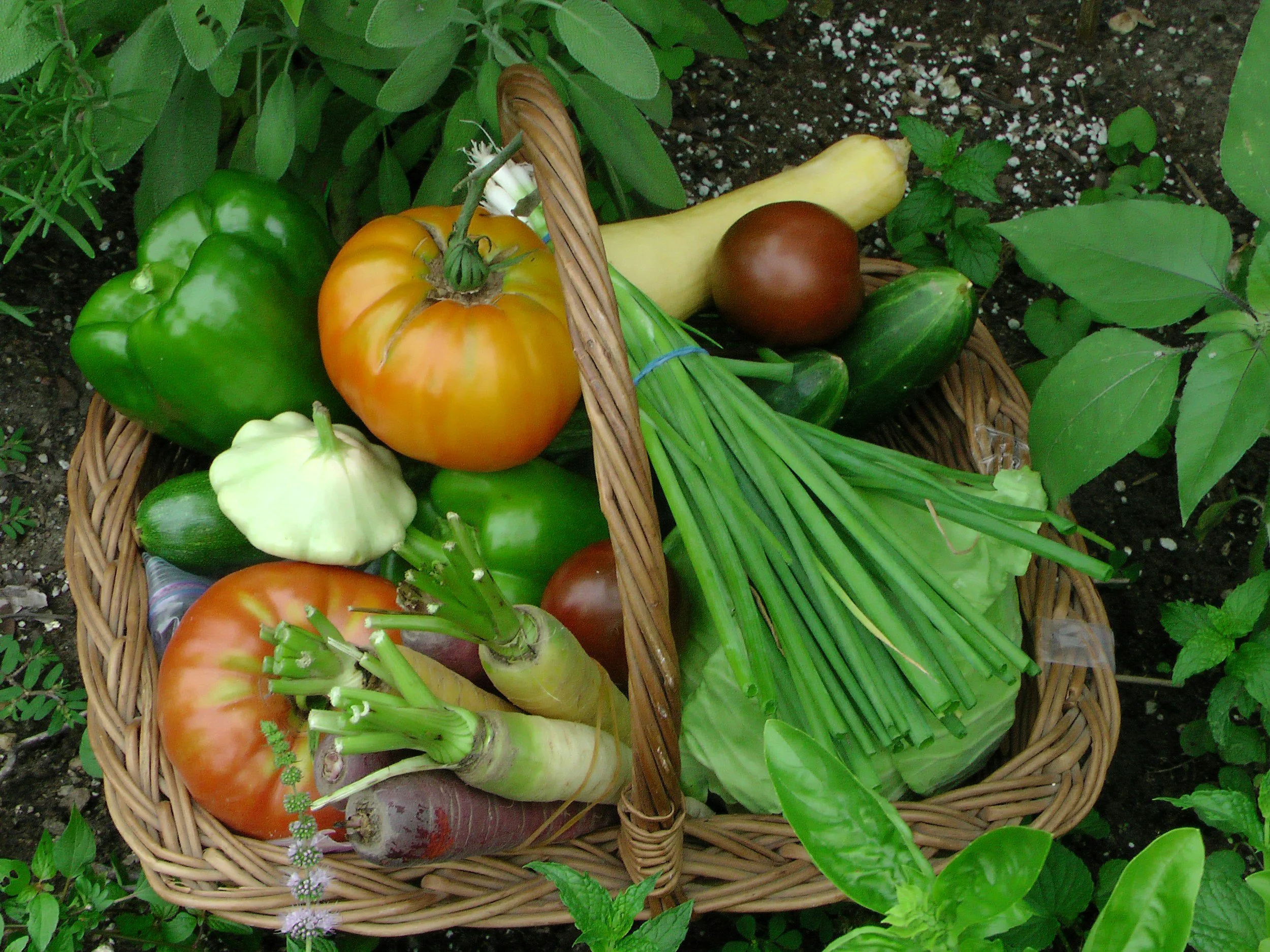

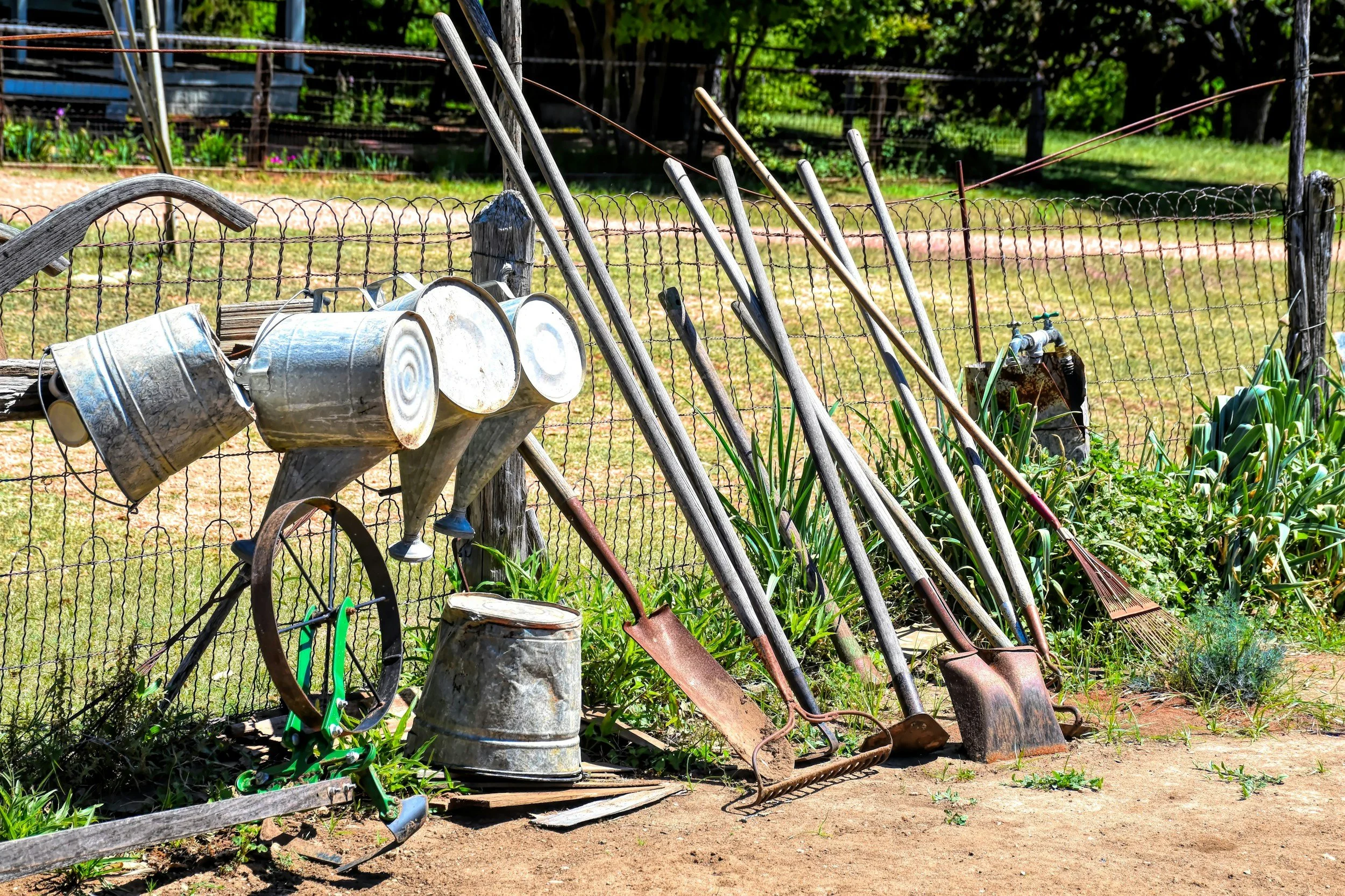
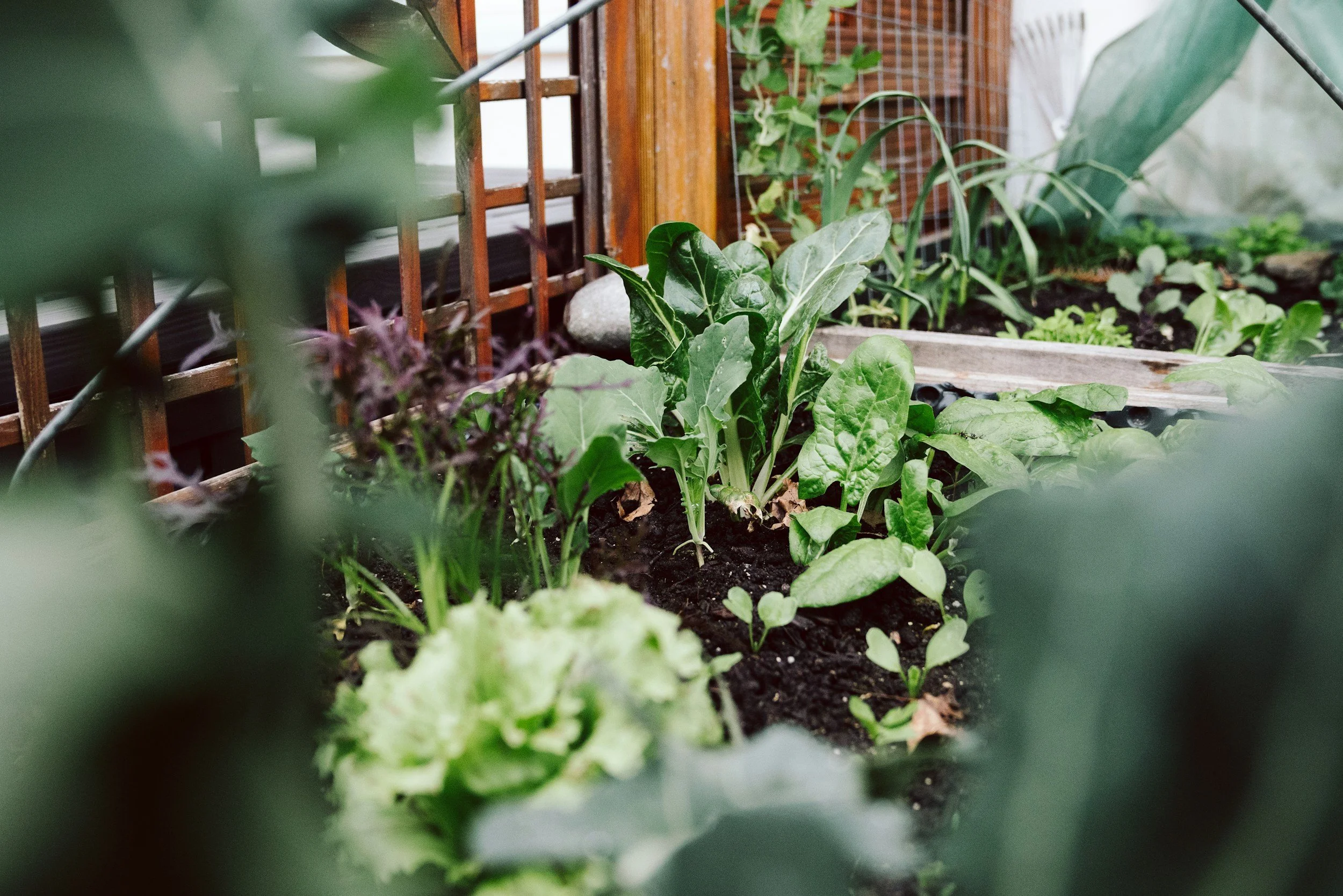
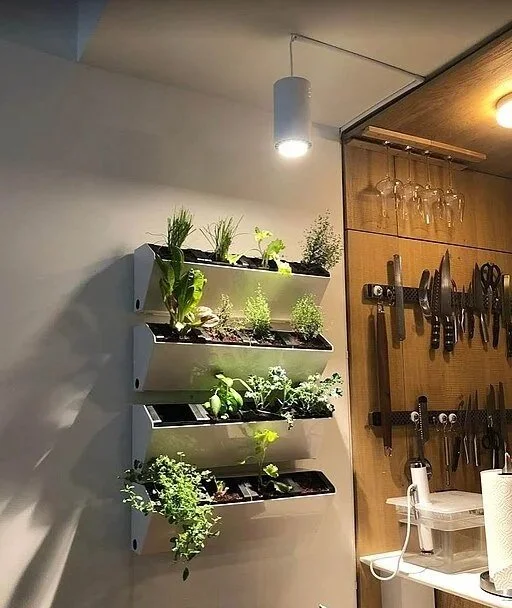

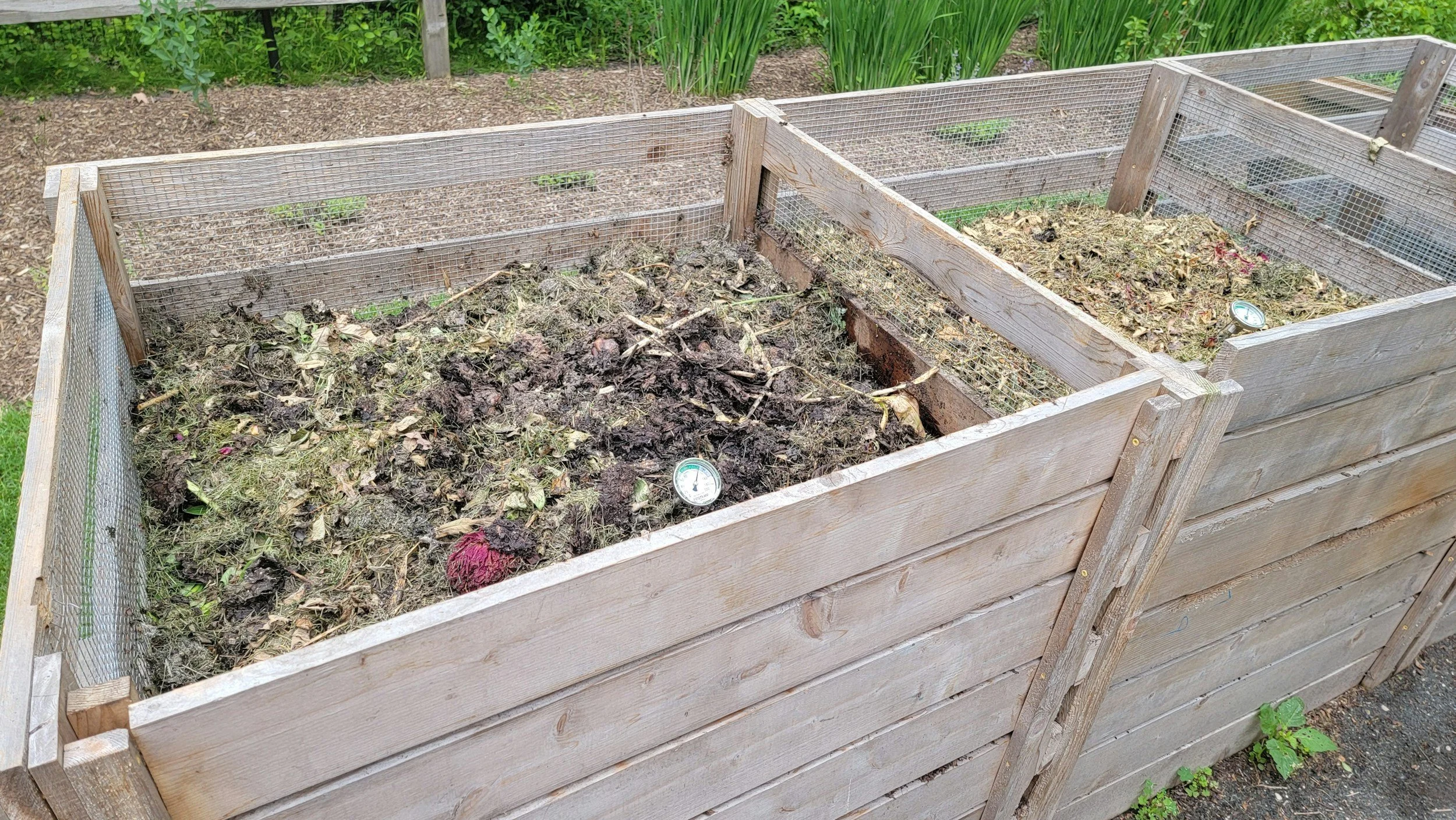















In the fall of 2024, over 12 million pounds of meat were recalled because of a potential contamination with listeria, a bacteria that can cause stillbirth as well as serious illness in people over 65 and those with compromised immune systems. In the United States, we’ve gotten used to these kinds of recalls, but we rarely link the prevalence of food-borne illnesses to the monopolies enjoyed by a select number of food companies. Did you know that just four companies --Tyson Foods, JBS, Cargill, and National Beef--control 85% of the beef market, and four --Pilgrim's Pride, Tyson (again), Perdue, and Sanderson Farms -- control 60% of the poultry market in the US?